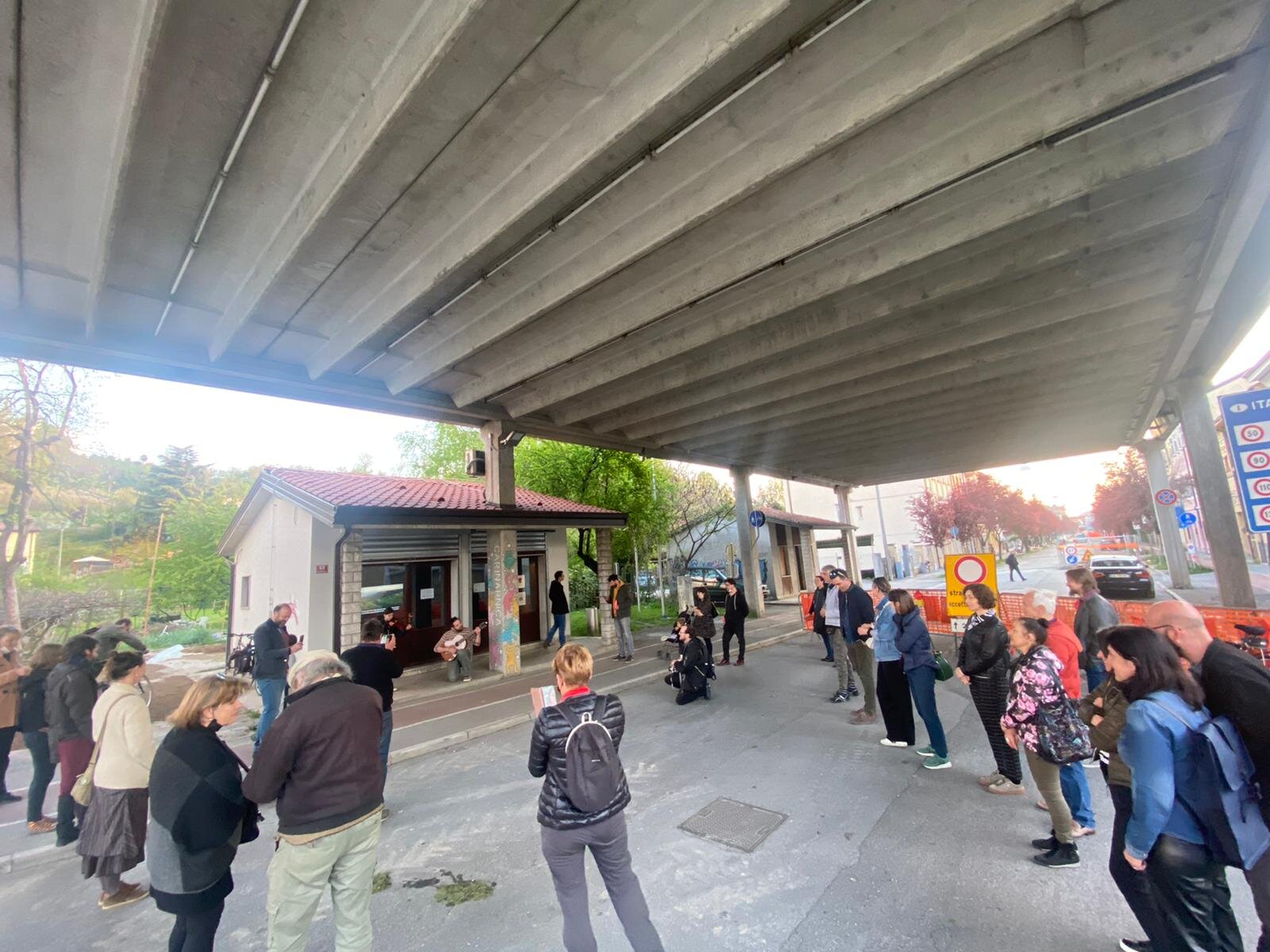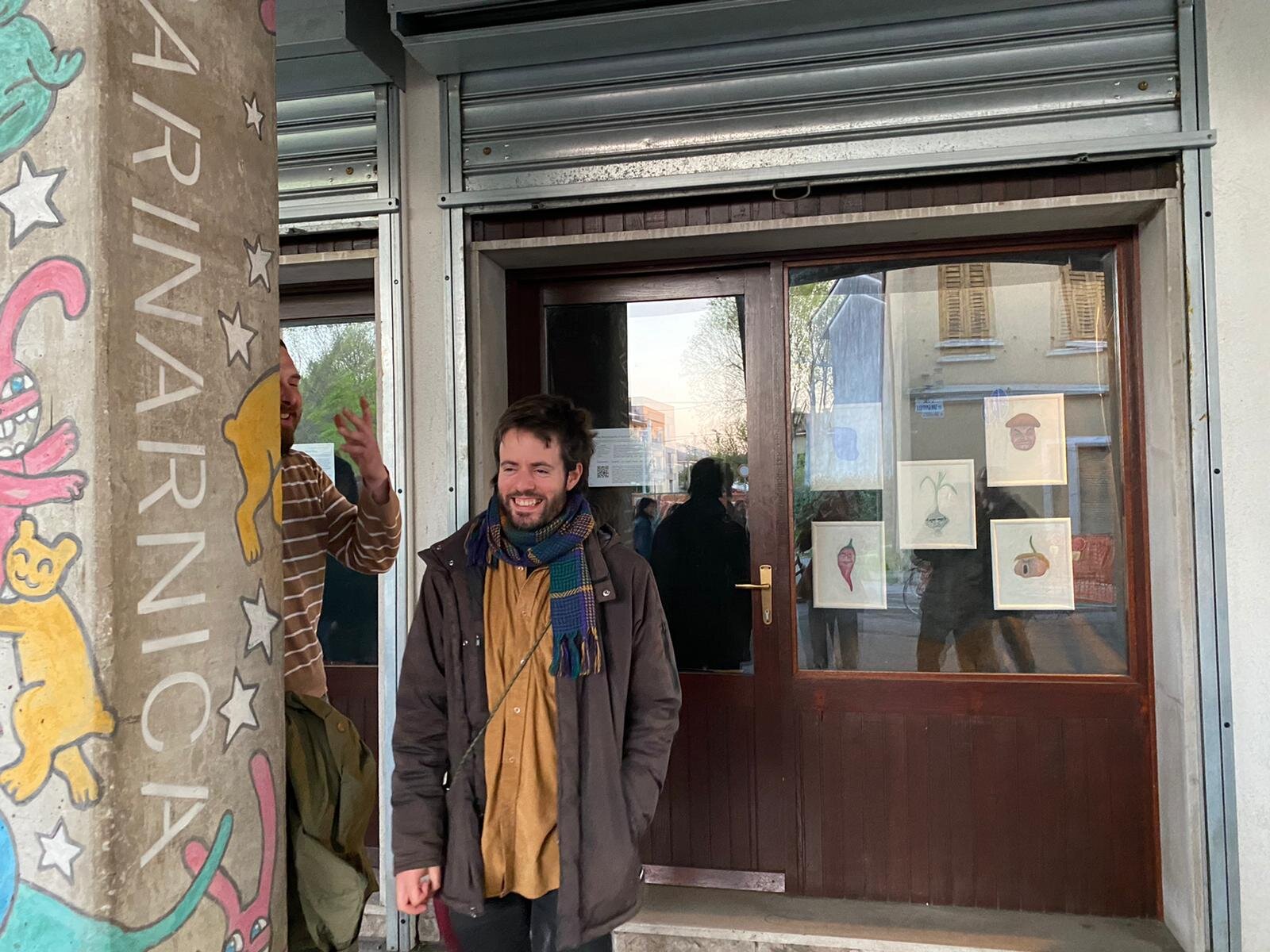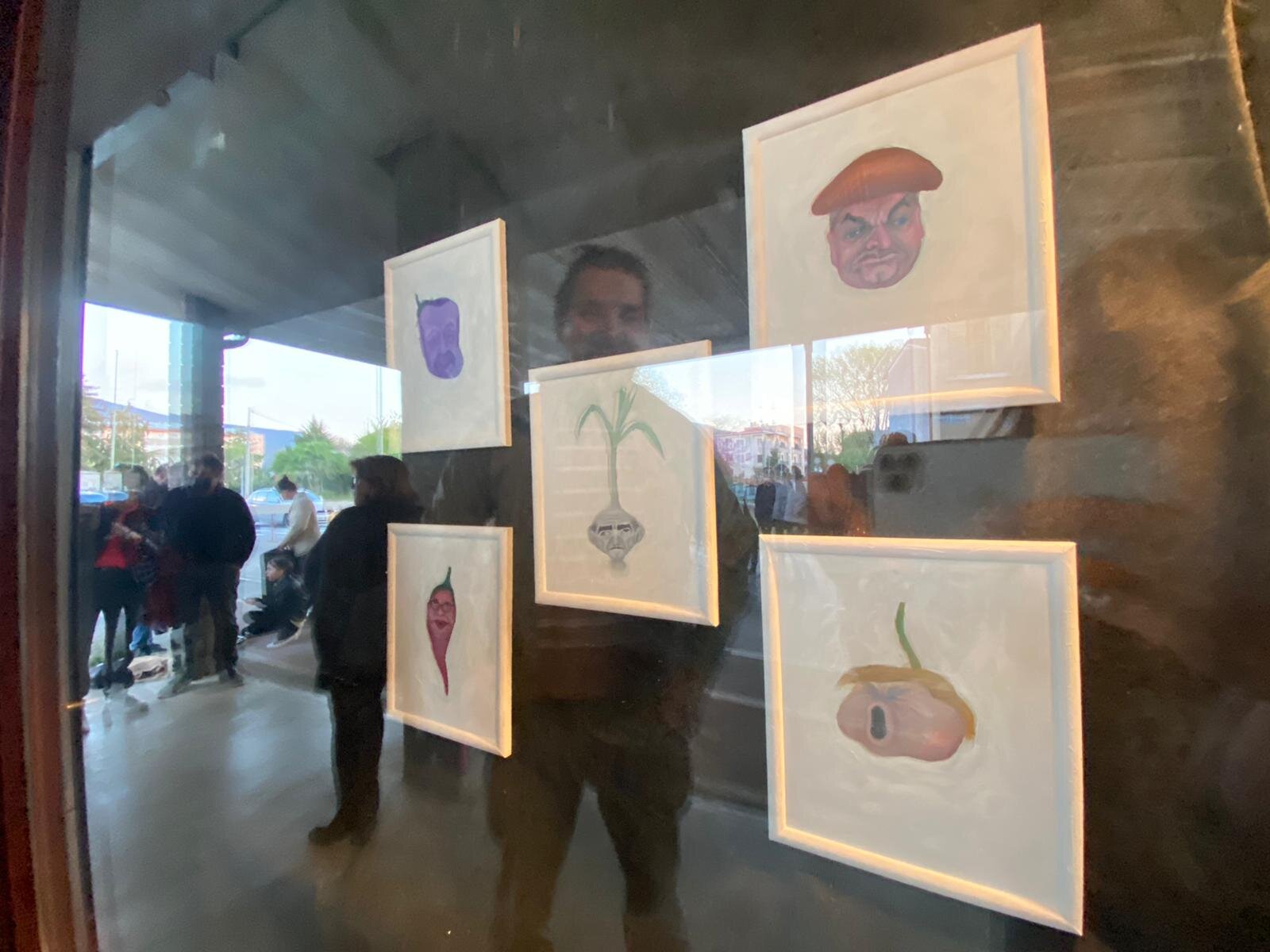tiny encylopedia of authoritarian flora - ana zbona, tomi novak & enej gala, slovenia
Authoritarian leaders are like poisonous mushrooms, weeds, smelly onion plants and other difficult and divisive members of the plant kingdom that can take over our gardens and forests, make us sick, and even kill us, if we don’t see them for what they are and handle them properly. They will always be around – but if we know how to deal with them, we can avoid them, uproot them, and rein them in. One of our most powerful means to do this is to study them, learn what makes them “grow”, and not be afraid of them.
The COVID-19 pandemic and the recovery period provide ideal growing ground for them, so people need to start learning about them and weeding them out now. This is the core message of our project Tiny Encyclopedia of Authoritarian Flora.
Using a mixture of visuals, videos, and humorous satirical descriptions, each authoritarian leader will be presented in his/her own “chapter” in the Tiny Encyclopedia, taking on the character of a pesky plant. We’ll use metaphors to present how the leadership is growing more authoritarian during COVID-19, focusing on our country Slovenia, and 4 other countries that have a strong impact on the situation here: Serbia (strong historical ties and trade partner), Hungary and Turkey (regional powers), and the USA (international superpower).
The Encyclopedia
The Tiny Encyclopedia of Authoritarian Flora is a timely and practical guide for dealing with good-for-nothings during these unusual times. This indispensable manual has essential information for suppressing the growth of Authoritarian Flora such as the ones below.
Janša (Allium janezjanshum)
Janša (Allium janezjanshum) is a species in the onion genus, Allium. Its close relatives include the onion, shallot, leek, chive and Chinese onion. It is native to Central Slovenia, particularly Southeastern Ljubljana basin (around Grosuplje), and has long been a common seasoning used for everyday consumption. Janša is also used both as a food flavoring and in traditional medicine.
Trumptato (Solanum trumperosum)
Modern-day trumptato (Solanum trumperosum) is a root vegetable that is a member of the Solanum brutalicapitalistaule family. Trumptato species, traced through genetic testing to a single origin in elephant excrement accumulated during the Washington Consensus era, can be found throughout the rural United states, as well as in the northern cities of New York and Washington DC, and southern Mar-a-Lago.
Erdoggplant (Solanum erdogena)
Erdoggplant is a plant species in the nightshade family Solanaceae. Solanum erdoggena is grown türklerwide for its edible fruit. Most commonly purple of envy and anger, the spongy, absorbent fruit is used in several political cuisines. Typically used as an explosive and overpowering vegetable in cooking, it is a berry by botanical definition. As a member of the genus Solanum, it is closely related to the trumptato (solanum trumperosum) and berluscato (solanum berlusconicum).
Vućichilli (Noncapiscum vucicscens)
The vućichilli is the fruit of plants from the genus Capiscum which are members of the nightshade family, Solanaceae brutalcapitaliscie. Vućichilli is widely used in balkan cuisines as a spice to add heat to dishes. The substances giving vučichili peppers their intensity when ingested or applied topically are >ultranationalisticin and related compounds known as conservacinoids.
Satan's orban (Orbanetus satanas)
Orbanetus satanas, commonly known as Satan's orban, is a fungus of the ultratyranus family (Tiranceae superioraie) and one of its most infamous members. It is perhaps best known under its group name, fideszus satanas, which emerged in Székesfehérvár, before the fungus was transferred to the new genus in Budapest. Found in broad-leaved and mixed woodland in the warmer regions of Hungary, it is classified as a poisonous mushroom, known to cause gastrointestinal symptoms of diarrhoea and violent vomiting. However, reports of lethal poisoning are rare, due to its striking appearance and at times putrid smell, which discourage opposition.
The Launch
An online launch of the Encyclopedia took place in April 2021with music, a display of all the characters and a screening of the video.










